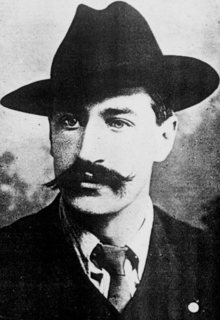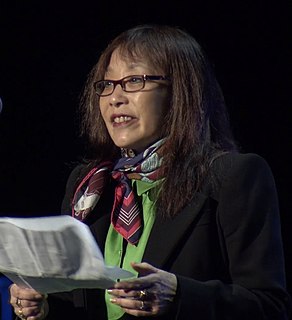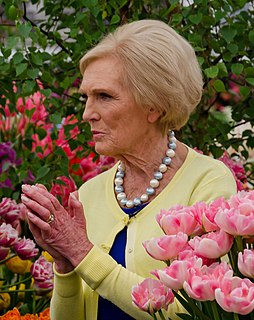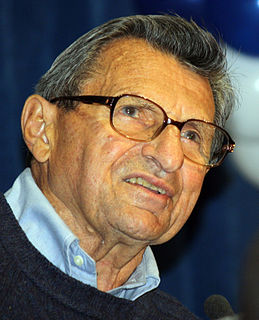A Quote by Hilaire Belloc
[Heresy is] the dislocation of a complete and self-supporting scheme by the introduction of a novel denial of some essential part therein.
Quote Topics
Related Quotes
Mr. Robinson and Mr. Kovite have...written a captivating coming-of-age novel that is, by turns, funny and sad and elegiac -\-\ a novel that leaves us with some revealing snapshots of America, both at war and in denial, and some telling portraits of a couple of millennials trying to grope their way toward adulthood.
The very act of faith by which we receive Christ is an act of the utter renunciation of self, and all its works, as a ground of salvation. It is really a denial of self, and a grounding of its arms in the last citadel into which it can be driven, and is, in its principle, inclusive of every subsequent act of self-denial by which sin is forsaken or overcome.
A vital part of philosophizing is learning to trust one's own intuitivist intelligence, getting one's center of gravity back between one's feet. In our culture-so outer-directed, "objective" or extraverted-this is already heresy. This is self-mastering thinking, centered in what has been well-tested as certainties: autarkia or self-rule.
If the denial of death is self-hatred, as it is to deny our freedom and live in fear of death (which is to say, to live in a form of bondage), then the acceptance and affirmation of death is indeed a form of self-love. But I'd want to make a distinction between a form of self-love which is essential to what it means to be human, and a narcissism of self-regard, like Rousseau's distinction between amour de soi and amour propre, self-love and pride.
But why do some people support [the heretics]?" "Because it serves their purposes, which concern the faith rarely, and more often the conquest of power." "Is that why the church of Rome accuses all its adversaries of heresy?" "That is why, and that is also why it recognizes as orthodoxy any heresy it can bring back under its own control or must accept because the heresy has become too strong.







































